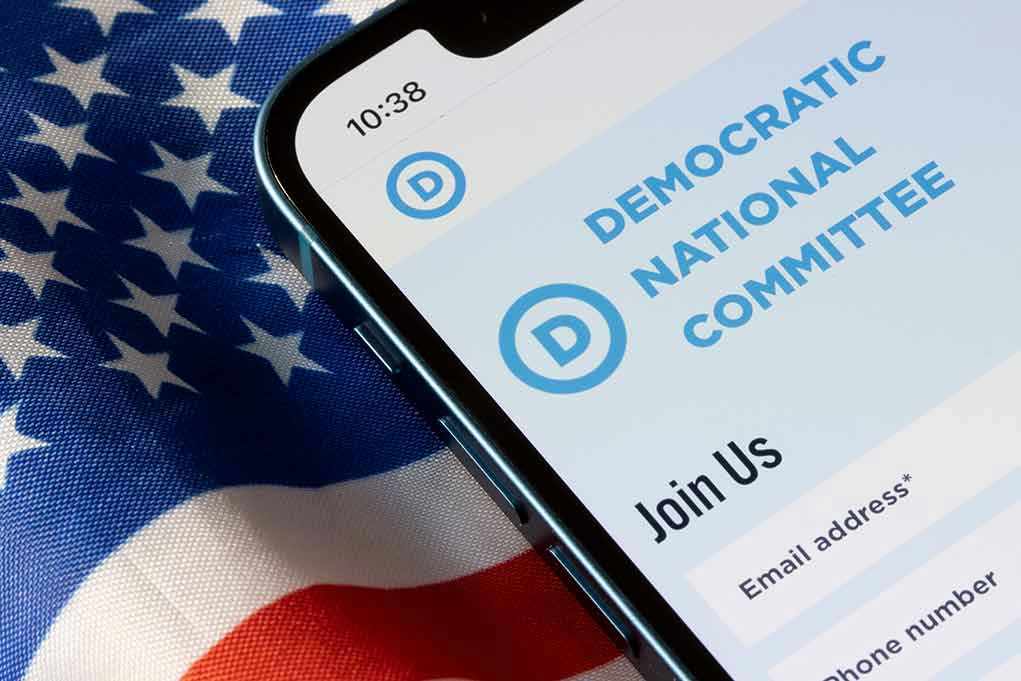
Democrats scramble to copy Trump’s economic populism as their party fractures under the weight of failed “woke” policies and working-class revolt.
Story Snapshot
- Democratic leaders hold urgent meetings to address historic working-class voter losses after years of globalist, neoliberal policies.
- Populist economic reforms—focusing on cost-of-living, healthcare, and anti-corporate action—spark bitter divides between party moderates and progressives.
- Internal polling and recent primaries show working-class voters pushing for Trump-style populism, rejecting leftist agendas and establishment elites.
- Experts warn further party infighting may doom Democrats unless they abandon failed progressive strategies and embrace common-sense reforms.
Democrats Confront Working-Class Revolt After 2024 Defeat
The 2024 election delivered a seismic blow to the Democratic Party’s traditional coalition, with working-class Americans—long considered a core base—turning away in record numbers. Years of leftist policies prioritizing globalism, identity politics, and government overreach have eroded trust among voters struggling with inflation, healthcare costs, and stagnant wages. Party leaders now face a crisis: reconnect with the working class through genuine economic reform, or risk permanent decline and irrelevance as Trump’s populist message gains traction nationwide.
Democratic strategists and candidates are holding a series of high-level meetings in early 2025 to debate a path forward. The central question: can a shift toward populist economic policies—modeled after successful Trump-era strategies—reverse their electoral collapse? Progressive factions within the party argue for aggressive reforms on cost-of-living, healthcare, and corporate accountability, citing recent primary victories as evidence of grassroots support. Yet, establishment leaders remain wary, fearing backlash from corporate donors and moderate voters who helped bankroll past campaigns.
Populist Reforms Expose Deep Party Divisions
As Democrats weigh a populist turn, internal divisions threaten to tear the party apart. Progressives demand bold action, pointing to evidence that working-class voters want real solutions to economic insecurity—not more lectures on diversity, equity, and inclusion. Moderates, however, warn that alienating business interests and centrist allies could further shrink the party’s coalition. The resulting power struggle pits grassroots activists and primary insurgents against longtime elites, with media and political analysts amplifying both sides of the debate.
Polling data from reputable sources confirm the depth of public frustration: both Democrats and Republicans express pessimism about the economy, but working-class voters—regardless of party—identify inflation, healthcare costs, and wage stagnation as their top concerns. Progressive analysts insist that economic populism, not identity politics or climate crusades, is the only viable path to rebuilding trust. Meanwhile, some party leaders misread voter sentiment, wrongly assuming that economic anxiety drives a rightward shift, when in fact it reflects disillusionment with failed leftist priorities.
High Stakes: Can Democrats Abandon Failed “Woke” Agendas?
The stakes for the Democratic Party could not be higher. Short term, continued infighting and unclear messaging risk further electoral humiliation. Long term, failure to embrace genuine populist reforms may lead to a permanent realignment in American politics, as working-class voters migrate to parties promising common-sense solutions and respect for traditional values. Economic populism—once a hallmark of the New Deal era—now emerges as the battleground for the party’s future. If Democrats cannot abandon the failed “woke” policies of the past decade, they may find themselves eclipsed by populist movements that place American workers and families first.
Look at this news article from The Daily Caller: Democrats Holding Giant Meeting To Talk New Strategy: Copy Donald Trump’s Homework. https://t.co/qjG2SdWL4V
— MAGA Ceci (@MAGA_Ceci1776) September 5, 2025
Industry experts and credible polling organizations agree: the crisis facing the Democratic Party is both real and urgent. Data-driven analysis, exit polls, and expert commentary point to a simple truth—the road to political recovery runs through the kitchen table, not the faculty lounge. Unless Democrats confront their past mistakes and champion populist, pro-worker reforms, conservative victories and the restoration of constitutional values will continue to define America’s political landscape for years to come.
Sources:
Financial outlook 2025: How Democrats and Republicans view their economic future post-election
The Seismic Crisis of the Democratic Party
Working-Class Democrats, Mamdani, Jeffries, Schumer
Americans continue to view several economic issues as top national problems




